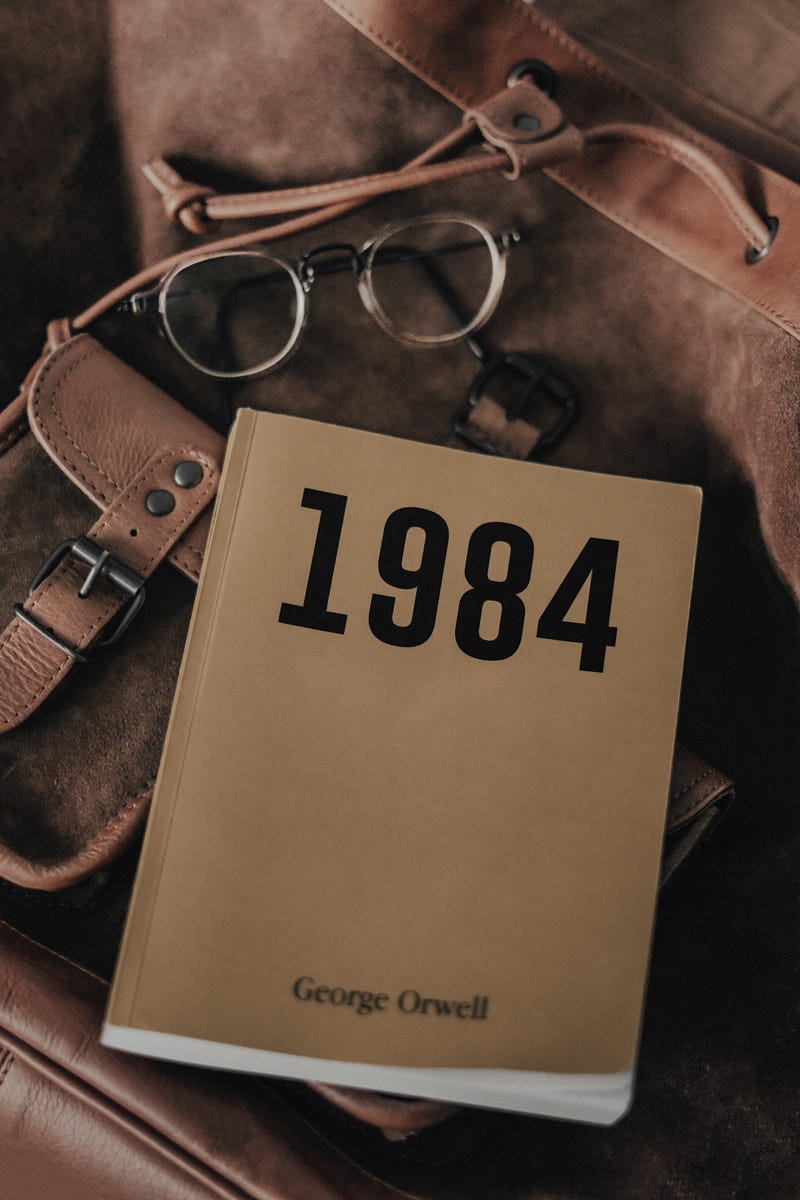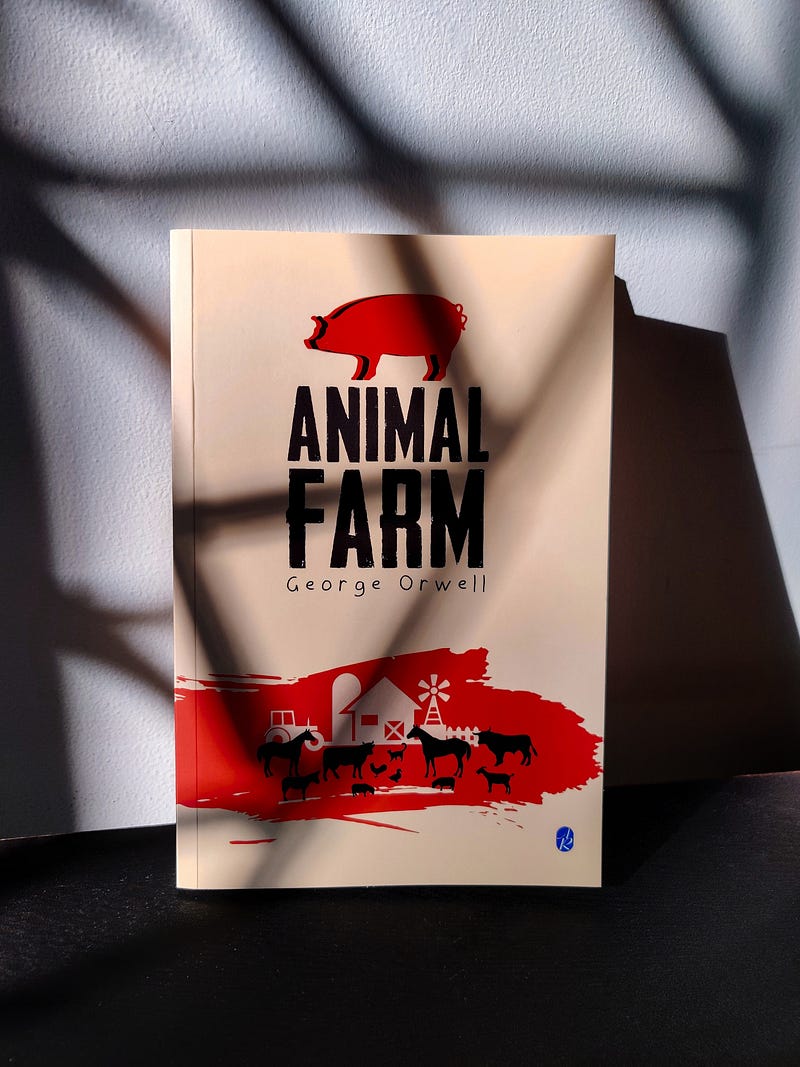Style It Out
Tip Of The Day — Writing Style

This is part of a series of daily tips for writers published to share ideas and suggestions on our craft. Everyone will have different advice on writing, so the tip below is just a personal selection which I hope you will find useful. Do share any of your own in the comments.
This tip is about writing style, and in particular the advice of George Orwell, (1903–1950), a writer so respected that prizes are still given out in his name.
He is probably best known for his book “1984” about life under dystopian authoritarian rule, also for “Animal Farm” a satire on communist dictatorships, “Down and Out in Paris and London”, “Keep the Aspidistra Flying”, “The Road to Wigan Pier”, and “Homage to Catalonia”, about his experiences in the Spanish Civil War (1936–39).

Writing style — the six top tips from Orwell
Interestingly George Orwell had just six tips on writing style:
“(i) Never use a metaphor, simile, or other figure of speech which you are used to seeing in print.
(ii) Never use a long word where a short one will do.
(iii) If it is possible to cut a word out, always cut it out.
(iv) Never use the passive where you can use the active.
(v) Never use a foreign phrase, a scientific word, or a jargon word if you can think of an everyday English equivalent.
(vi) Break any of these rules sooner than say anything outright barbarous.”
For me, these rules make complete sense for reporters writing in a newspaper, in factual reports about events, but they are far too limited for the multitude of other styles of writing, when longer words, including foreign and scientific terminology, can make for interesting reading.
There is no one, absolute, correct style of writing, and one of the most enjoyable features of the Medium platform is the extensive range of genres and means of expression, including writers who stray very far from these tips.
So in my view, the rules are a good guide for news reporters, but lack nuance and variety for general application. What do you think?
I hope you found this article useful, and any tips of your own in the comments.
Previous tips:
Day 19 — The importance of interaction
Day 18 — Replying to comments
Day 17: Engagement
Day 16- Attention-seeking behaviour — the importance of your first sentence –
Day 15 — Keep it snappy — headlines —
Day 14- Subject selection —
Day 13 — Making time —
Day 12 — Deadlines —
Day 11 — Layout —
Day 10 — Niches for Riches —
Day 9 — Do your own research —
Day 8 — Choosing your subject —
Day 7 — Reverse engineering success —
Day 6 — Planning —
Day 5 — Location —
Day 4 — Dictionary and thesaurus —
Day 3 –Quotations
Day 2 — Mind your language — learning new words
Day 1- The Notebook
As always, thank you for reading.
To join a new Facebook group “Medium Matters” where writers can support each other and share articles.
